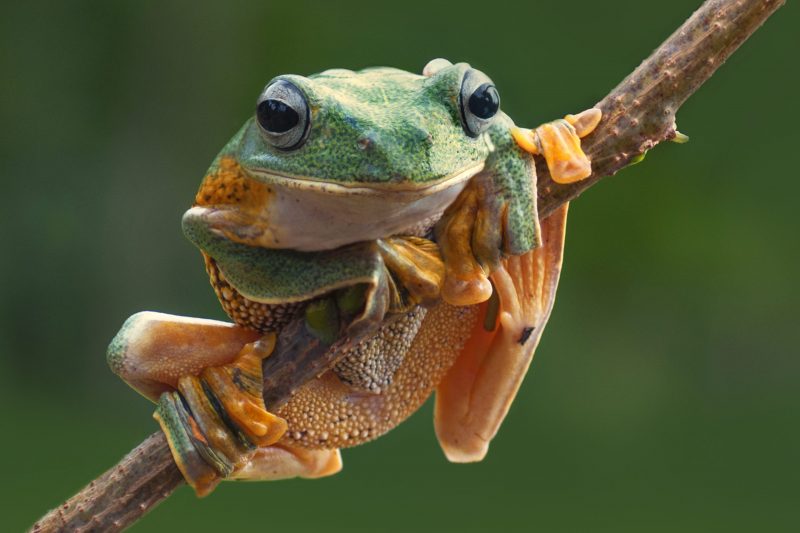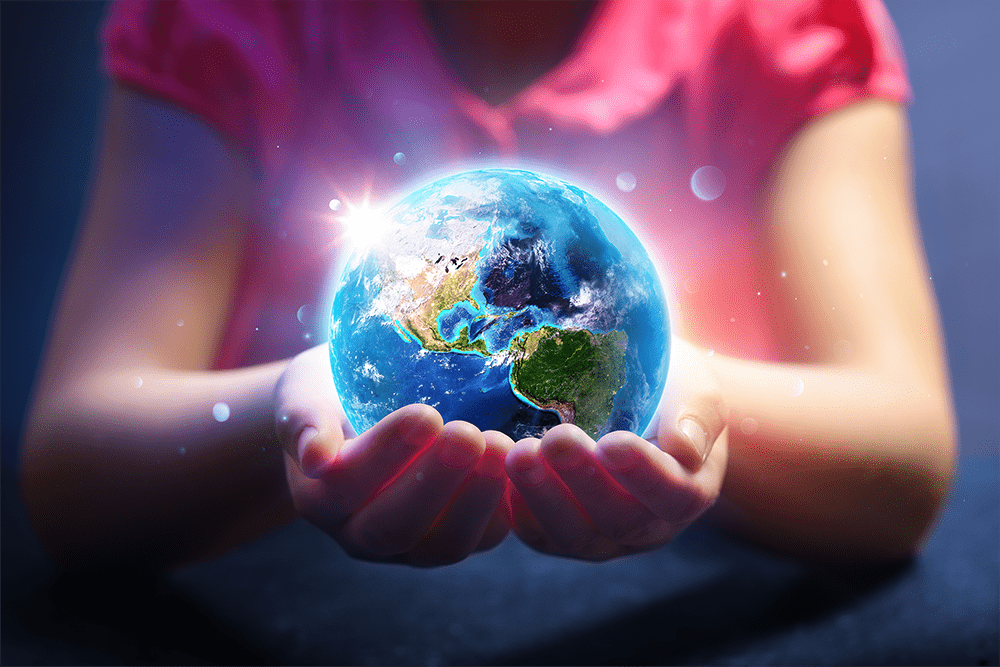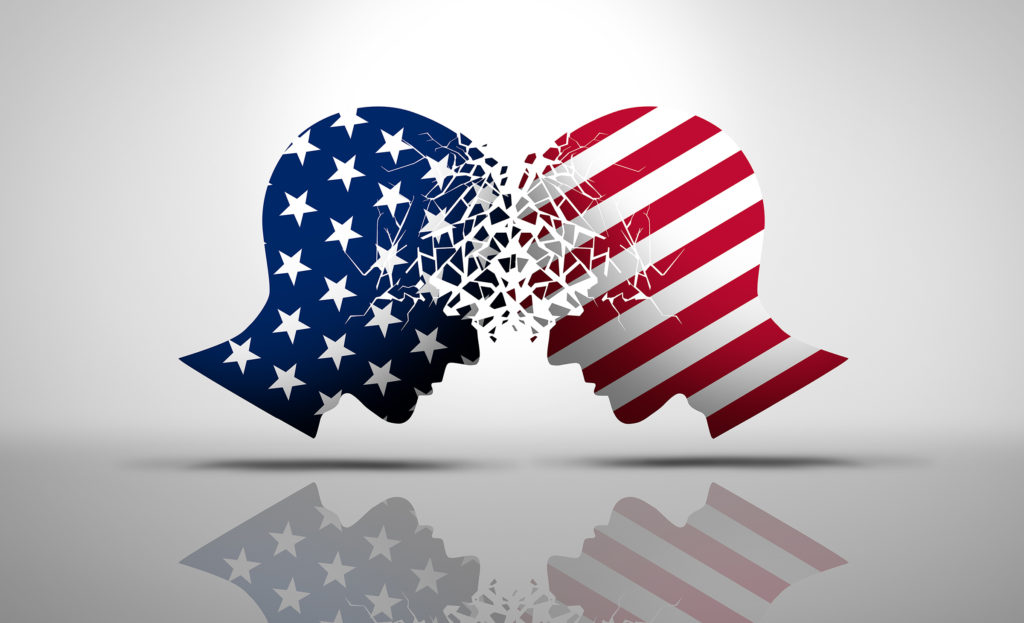THERE’S AN OLD STORY—perhaps you’ve heard it—about two old witches cooking their brews. Each has a frog to toss in: the first witch boils water in her cauldron and throws the frog in; the second witch puts the frog into cold water and then lights the fire under it. Which witch succeeds? The first witch’s frog gathers itself into a giant leap and escapes as soon as it feels the steam, but the second witch’s frog swims around in the cauldron and fails to notice the increasing temperature until it’s too late.
The temperature is rising around all of us, literally and figuratively, and many of us are failing to notice. Or, if we do, we just don’t know what to do about it. Changes are happening that we can’t wrap our understanding around, especially when they’re complicated. So we look away and wonder what to fix for dinner or whether we should buy that car.
One change that’s taking place invisibly all around us is a gigantic paradigm shift. What’s that, you say? Our website explains it, but essentially, it’s that the general assumptions we all share about the way the world works are being attacked by discoveries made by the new scientific theories of chaos and complexity. Ooh, that’s a bit heavy, you say! No, it’s not that hard to understand.
For a couple hundred years people have seen the world and experienced their lives in a conflict model that was built of assumptions that grew out of the scientific discoveries made during the Scientific Revolution that started ca. 1543. For all those years we’ve been thinking that nature is mostly structured hierarchically, and that everything competes with everything else. We think in terms of opposites and forget the spectrum in between: black/white, rich/poor, Republican/Democrat, and even male/female. Believe it or not, these assumptions do lead to conflict.
The new sciences suggest we rethink those things and expand our concepts. When we do, cooperation becomes more important than competition, and “things” themselves are less important than the way they interact and the processes they engage in. Hierarchies? Sure, but often flat cooperative structures work even better. The new sciences’ focus on relationships opens up a broader, more in-depth view of situations.
So this new way of thinking is intruding into our world, and it’s causing some people to feel confused and disoriented. The new assumptions express themselves in all sorts of ways while remaining hidden. For example, take the contentious topic of immigration. Some people want to throw out all undocumented immigrants and then lock the door (or build a wall). Others want to find a way to let them become citizens.
Who’s right? Wrong question. Better question: who is in which paradigm? You can probably guess. Those who see the world through the conflict model lens think immigrants are a threat. And those who buy into the new paradigm think immigrants bring the kind of diversity that energizes the nation and creates new ideas and businesses.
Paradigms don’t announce themselves and say, “I’m causing you to think along these lines.” Many people don’t even know what a paradigm is. We could all get along better and there might be fewer ideological struggles if this whole paradigm business were more obvious. (Which is why we’ve created this website.)
When a new paradigm emerges and grows, a tug-of-war ensues between it and the older one. At times one pulls harder than the other. The new paradigm will ultimately win the contest, but not quickly. That’s for sure: there’s no going back. Unfortunately, the transition is guaranteed to be ugly. For example, the new paradigm, with its expansive contextual thinking, helps us easily see that climate change is real and dangerous. But linear thinkers who are used to the conflict model find it easy to block out the context and blame the climate-change-Jeremiahs for standing in their way. And when they have enough power, they can impede efforts to lessen or stop climate warming. Of course, when the planet warms up enough, the truth will be obvious, but by then it may be too late—too late for a lot of species, too late for the health of the planet as we know it, too late to stop the wars over the limited resources that are left. The frog will be boiled.





